The death of the King of Rock n Roll Elvis Presley may not have come as such a shock due to his years of drug use and the amount of weight he had gained over the years, not to mention his penchant for peanut butter and banana sandwiches. However, what was shocking was the state of his estate at his death and in the years immediately following.
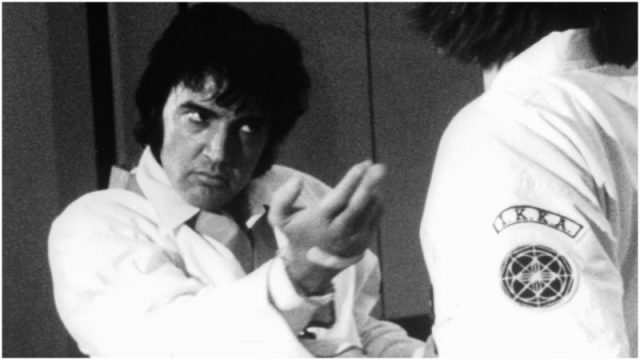
His estate was divided amongst three beneficiaries: His grandmother Minnie Mae Presley, his father Vernon, and his only child, Lisa Marie.
By 1980, only three years after Elvis’ death, both Vernon and Minnie Mae had also passed on, in 1979 and 1980 respectively. This left Lisa Marie as the sole heir to the King’s wealth.
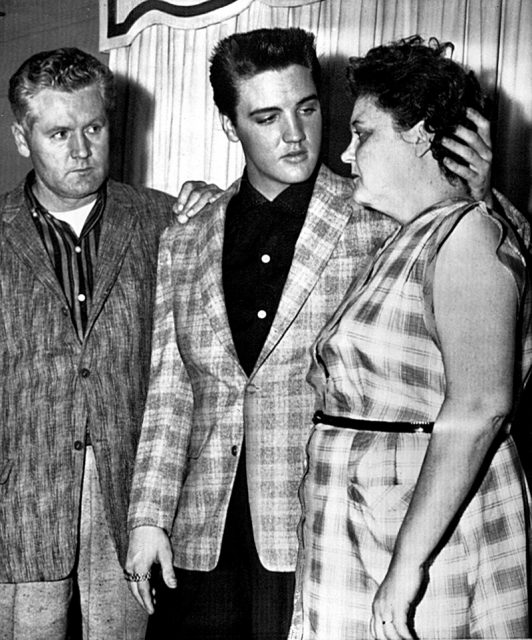
Lisa Marie was not able to access any of her inheritance until her 25th birthday which wouldn’t occur until February of 1993.
Until then, her mother and Elvis’ ex-wife, Priscilla, served as executor of the estate along with Elvis’ accountant, Joseph Hanks, and Elvis’ long-time bank.
Upon taking control of the estate, Priscilla found that while Elvis had been a model citizen in regard to paying his taxes, he hadn’t been a great financial planner.
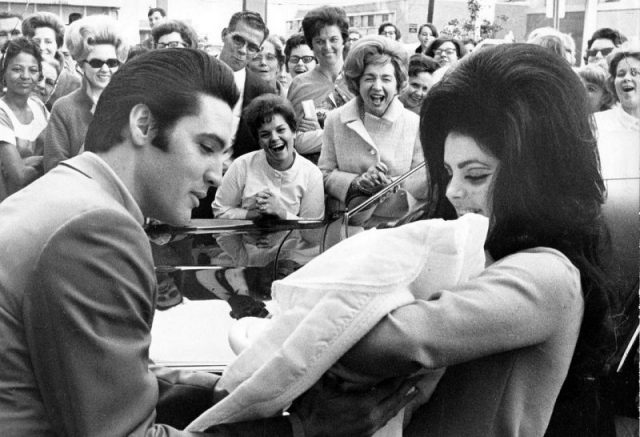
His father, Vernon, had managed much of the King’s affairs during Elvis’ lifetime and hadn’t done much in terms of extending the wealth of the estate.
Lisa Marie’s inheritance was sizable, but nothing befitting the daughter of a king. Elvis’ home, Graceland, was costing about a half-million dollars a year in taxes and maintenance and Priscilla was under pressure to sell the property to reduce it’s drag on cash flow.

Instead she chose another route, one that would go on to provide a boon for Lisa Marie and fans of Elvis alike.
In 1981, Priscilla, with the agreement of the other executors, hired Jack Soden to plan and execute the opening of Graceland as a tourist attraction. The property opened up to tours in June of 1982 under the business entity, Elvis Presley Enterprises (EPE).
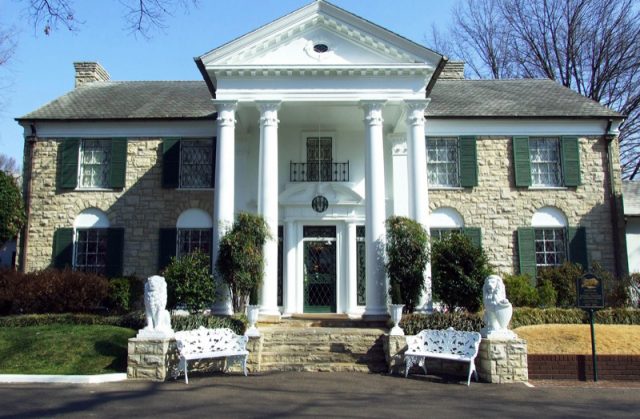
Additionally, EPE then acquired a long-term lease on the property directly across the street from Graceland in 1983, which was a typical urban strip mall at the time.
They honored the existing leases of tenants in that property until they expired, but also made sure that businesses there only carried licensed merchandise pertaining to Elvis.
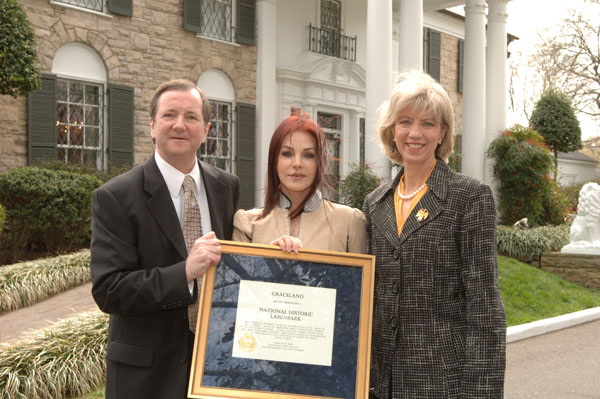
With the expiration of the existing leases, they converted that property into a museum in 1987 and then purchased the property outright in 1993. It was renamed as Graceland Plaza.
Related Video: Elvis Presley’s 40th Anniversary – He Would Have Been 82
https://youtu.be/ItvjPbEGIqk
Some of the attractions that supplement the tourist experience of visiting the King’s home are the automobile museum at Graceland Plaza featuring many of Elvis’ vehicles and two of Elvis’ jets, the Lisa Marie and the Hound Dog II.
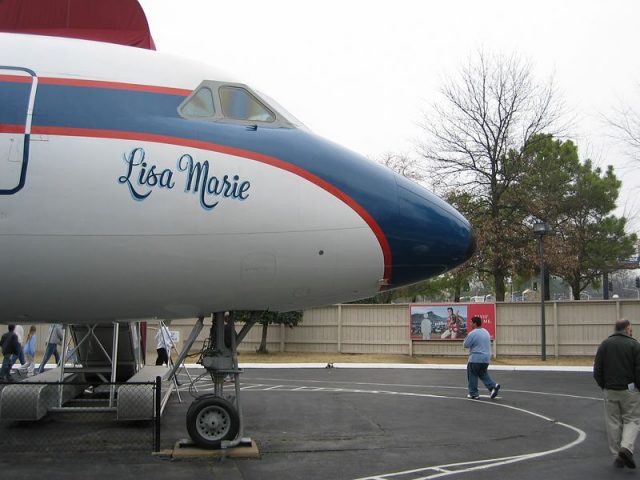
These planes had been sold in 1978 by Vernon but were brought back with the cooperation of the new owners in a joint venture to serve as a tourist attraction. The complex has continued to grow and evolve, and in 2017 a 450-room hotel with two restaurants was opened on the site.
EPE has also purchased other nearby properties and expanded the Elvis brand. Over half a million people visit Graceland each year.
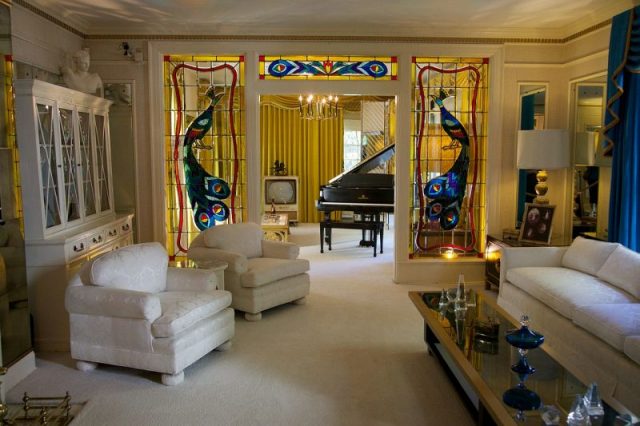
Priscilla essentially turned Graceland from a dog into a cash cow and her efforts have not only provided for her daughter’s extravagant lifestyle, but also employed hundreds of people in the Memphis area.
Her efforts were recently recognized when she was honored as the AutoZone Liberty Bowl’s Citizen of the Year of 2018. She also cares for her grandchildren, Lisa Marie’s eight-year-old twins – Finley and Harper.
Ironically, Lisa Marie sold 85 percent of her share of EPE in 2005 and is now suing her former management team for the sale complaining that they have essentially bankrupted her.
She still retains 100 percent ownership of Graceland itself, all of Elvis’ wardrobe, cars, and other effects.
